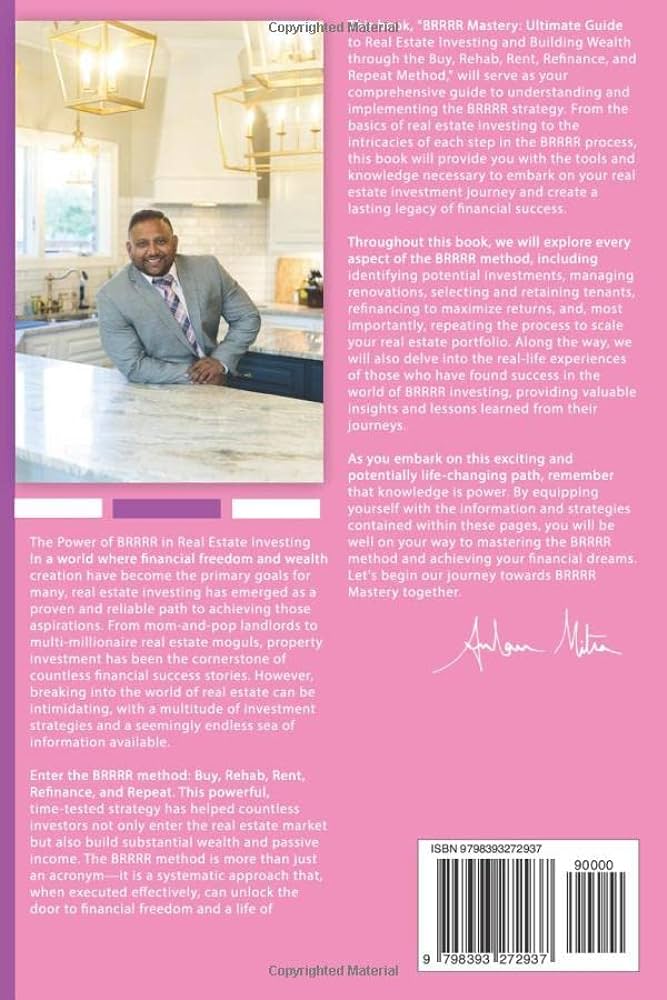Crafting an impactful investment portfolio involves strategic asset allocation and diversification. It requires careful selection of assets to meet financial goals.
Building an impactful investment portfolio is essential for achieving long-term financial success. Diversifying your investments and aligning them with your risk tolerance and time horizon lays the foundation for a robust financial strategy. This guide is designed to navigate you through the complexities of portfolio construction, helping you understand the importance of asset allocation, the power of compounding returns, and the need for ongoing portfolio rebalancing.
With the right approach, you can create a portfolio tailored to your investment objectives, whether you’re aiming for aggressive growth, income generation, or preserving capital. Let’s explore the key principles and strategies that will put you on the path to an effective and profitable investment journey.
Crafting A Diversified Investment Portfolio
Crafting a diversified investment portfolio is a pivotal strategy for anyone seeking to optimize their financial growth. It involves spreading investments across various asset types, industries, and regions. This approach aims to balance risk and returns. A well-diversified portfolio can withstand market fluctuations and yield consistent returns over time.
Balancing Asset Classes For Risk Management
Investors aim for a balanced mix of asset classes to reduce risk. Asset classes include stocks, bonds, and real estate. Each class has different levels of return and risk. A mix of these can help guard against losses.
- Stocks offer potential high returns but carry higher risks.
- Bonds provide steady income with lower risk than stocks.
- Real estate can be a hedge against inflation.
The right balance depends on individual goals, age, and risk tolerance. It is crucial to reassess and adjust this mix over time.
Geographical Diversification To Mitigate Regional Volatility
Investing in different regions helps protect against local economic downturns. Markets in various parts of the world do not move in sync. When one market falls, another may rise.
| Region | Benefits |
|---|---|
| North America | Stable, mature markets |
| Europe | Diverse economies |
| Asia | Rapid growth potential |
| Emerging Markets | High growth, higher risk |
By spreading investments across these regions, you can reduce the impact of regional volatility on your portfolio.

Credit: www.afroabundance.store
Strategies For Maximizing Returns
Smart investors always seek ways to boost their portfolio’s growth. The right strategy can make a big difference. Let’s dive into how you can identify opportunities and time the market for maximum returns.
Identifying High-growth Opportunities
Spotting the next big thing can be a game-changer. Here’s how to find high-growth investments:
- Research emerging industries: Look for sectors with rapid innovation and strong demand.
- Analyze financials: Choose companies with solid balance sheets and potential for revenue growth.
- Consider market trends: Stay ahead by investing in trends shaping the future.
- Seek expert opinions: Use insights from industry leaders to guide your choices.
Timing The Market: Myths And Realities
Many think they can outsmart the market. Let’s explore the truth:
| Myth | Reality |
|---|---|
| You can predict market highs and lows | It’s near impossible due to market unpredictability |
| Timing the market guarantees higher returns | Consistent investing often outperforms market timing |
Instead of timing, focus on long-term investment strategies and diversification to mitigate risks.
Sustainable Investing For Long-term Impact
Welcome to the heart of sustainable investing for a brighter, better world. This guide explores how making smart investment choices today can lead to a prosperous, sustainable future.
Incorporating Esg Criteria Into Investment Decisions
What does ESG stand for? Environmental, Social, and Governance. These are the three pillars that guide investors towards making decisions that not only yield financial returns but also contribute positively to the world. Here’s how to weave ESG criteria into your investment choices:
- Environmental criteria consider how a company performs as a steward of nature.
- Social criteria examine how it manages relationships with employees, suppliers, customers, and communities.
- Governance deals with a company’s leadership, executive pay, audits, internal controls, and shareholder rights.
By focusing on these aspects, investors can pick stocks or funds that align with their values and encourage companies to act responsibly.
The Rise Of Impact Funds And Green Bonds
The investment world is seeing a remarkable growth in impact funds and green bonds. These tools help funnel money into projects and companies that are committed to environmental sustainability. Here’s a quick overview:
| Type of Investment | Purpose | Benefit |
|---|---|---|
| Impact Funds | Invest in companies with positive social or environmental impacts. | Drive change while potentially earning returns. |
| Green Bonds | Raise money for climate and environmental projects. | Support sustainability projects, with income from investments. |
Both impact funds and green bonds are excellent ways to ensure your money works toward building a sustainable planet.

Credit: www.linkedin.com

Credit: www.amazon.com
Frequently Asked Questions
What Is The 5% Portfolio Rule?
The 5% portfolio rule suggests investors allocate no more than 5% of their portfolio to any single investment to diversify and manage risk effectively.
What Is The 3 Portfolio Rule?
The 3 portfolio rule suggests diversifying investments across three varied asset classes to balance risk and return.
What Is The Lazy 3 Fund Portfolio?
The Lazy 3 Fund Portfolio is a simple investment strategy. It includes three index funds: a total stock market fund, an international stock fund, and a bond fund. This approach aims for diversified, low-cost, long-term investing.
Conclusion
Crafting an effective investment portfolio is essential for financial growth. We’ve explored strategies to maximize returns and mitigate risks. Remember, diversification is key. Stay informed, adapt to market changes, and consult professionals when needed. Your journey to a robust portfolio begins today.
Embrace the challenge and invest wisely.
